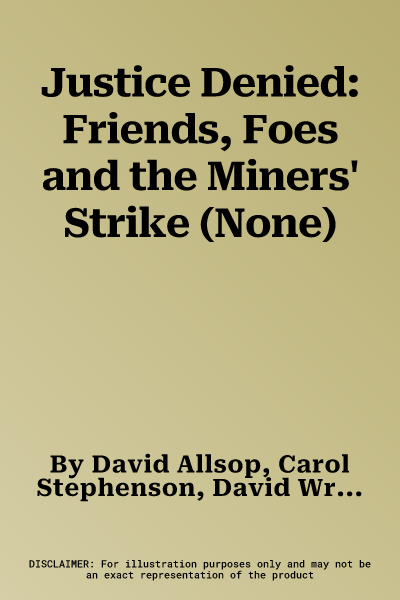TV portraits of the Miners' strike of 1984/5 stressed the violence of
the pickets and responsible policing. This book challenges those images,
looks at the impact of the strike on participants, and reflects on
ongoing controversies and community pride. The book is organized into
three parts. In early chapters participants look back. So, Peter Smith
speaks of his honest determination not to become a 'professional sacked
miner' and Siân James tells of her excitement and pride at her
community's defence of a valued way of life. Political controversies are
examined: Was the strike the result of careful planning (on the part of
the Thatcher Government, and/or the NUM)? How and why were striking
miners, at Orgreave in June 1984, injured, arrested and vilified? Why
were miners determined not to be 'constitutionalized' or balloted out of
their jobs? How did the BBC and ITV misrepresent police action and show
miners as 'out of control'? Why did miners in Yorkshire, Nottinghamshire
and elsewhere support, or oppose, the strike? The final section examines
enduring issues especially the Orgreave Truth and Justice Campaign. Is a
more critical assessment of Prime Minister Margaret Thatcher long
overdue? Why is miners' history and heritage--as seen in the Durham
Miners' Gala--so fondly celebrated?

